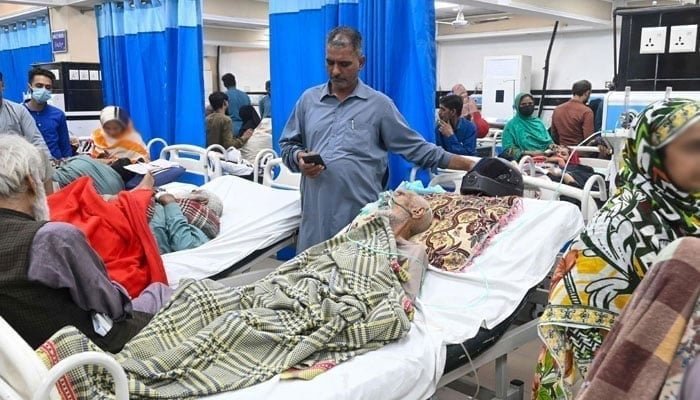Leading health organizations and experts are criticizing the newly announced federal budget for 2025-26, calling it “anti-public health.” Their main concern is that the budget neglects to increase taxes on harmful ultra-processed products (UPPs), while instead imposing a levy on fuel, an essential commodity.
These groups are urging the government to prioritize the nation’s health over corporate profits. They specifically advocate for at least a 20% federal excise duty on UPPs during the budget’s approval process. They emphasize the urgency of the situation, pointing out that Pakistan faces a national health emergency, with one heart attack occurring every minute and over 1,100 daily deaths linked to diabetes and its complications. Bold, evidence-based policies are needed now.
Health experts have consistently linked UPPs to the rising rates of non-communicable diseases (NCDs) in Pakistan. These foods, packed with added sugars, sodium, saturated fats, and trans-fats, are major contributors to cardiovascular diseases, obesity, type 2 diabetes, and certain cancers.
These concerns were voiced during a recent media discussion organized by the Pakistan National Heart Association (PANAH), in collaboration with several other organizations, including Heartfile and the Pakistan Kidney Patients Welfare Association.
During the discussion, experts criticized the government’s fiscal priorities, arguing that they overlook the growing NCD burden caused by unhealthy diets. Sanaullah Ghumman, General Secretary of PANAH, stated that UPPs, like ice cream, biscuits, and packaged junk food, are significantly contributing to the increase in heart disease, diabetes, kidney failure, and obesity. He urged the government to tax these harmful products rather than essential items like fuel.
Ghulam Abbas from the Pakistan Kidney Patients Welfare Association echoed this sentiment, emphasizing that fiscal decisions must reflect a commitment to public health. He called the failure to tax UPPs a “missed opportunity” to protect millions of lives and urged the government to reconsider adding a tax on these products during the final budget stages.
Furthermore, it was noted that the total health allocations in the current budget are actually 16% lower than the previous year. The civil society organizations are calling on the government to increase funding for the health sector, using revenue generated from taxes on UPPs.
The discussion concluded with a unified appeal to parliamentarians and cabinet members to align fiscal policies with Pakistan’s Sustainable Development Goals (SDGs), particularly SDG 3.4, which aims to reduce premature deaths from NCDs through prevention and treatment. The participating organizations reaffirmed their dedication to advocating for evidence-based policy reforms that promote public health.


